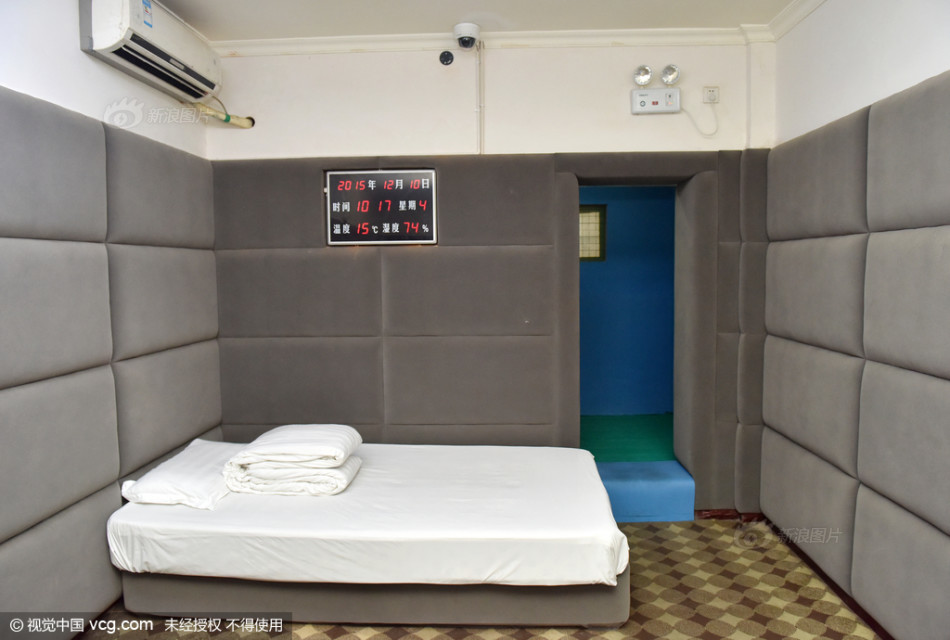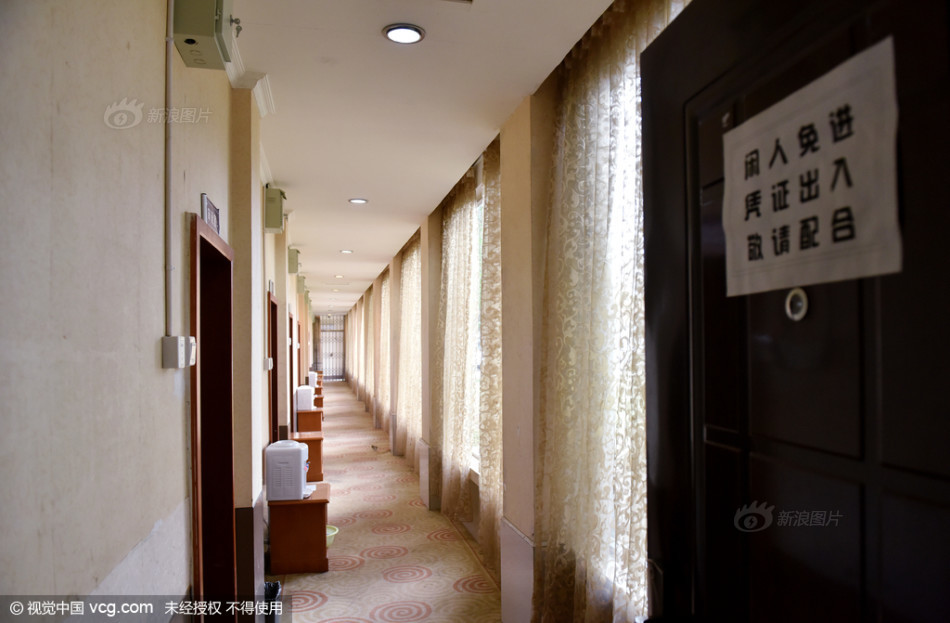New supervised lodgings for government officials suspected of corruption have been unveiled in China’s Sichuan province. Set in an unspecified location within the prefecture-level city of Ziyang, the facilities are notable for their complete absence of hard surfaces or sharp corners.

The “anti-suicide” measures are designed to keep corruption suspects safe from themselves as they undergo investigations and questioning into their professional misconduct.

Since Chinese president Xi Jinping launched his anti-corruption crusade in 2012, the country has seen what has become known as an “official suicide wave,” as Communist Party cadres accused of graft take their own lives rather than face trial and disgrace.

The troubling trend is thought to stem from the belief that sacrificing oneself will keep their ill-gotten gains safe for loved ones and spare other beneficiaries from the legal fallout—be they family, friends, colleagues or even superiors.

Online, there has been little sympathy for the inmates at this soft play prison. Netizens suggested that the facilities were “too luxurious.”

“Are these vampires really in jail?” one virulent commented fumed. “These people should be dead anyway. What are we afraid of?”
